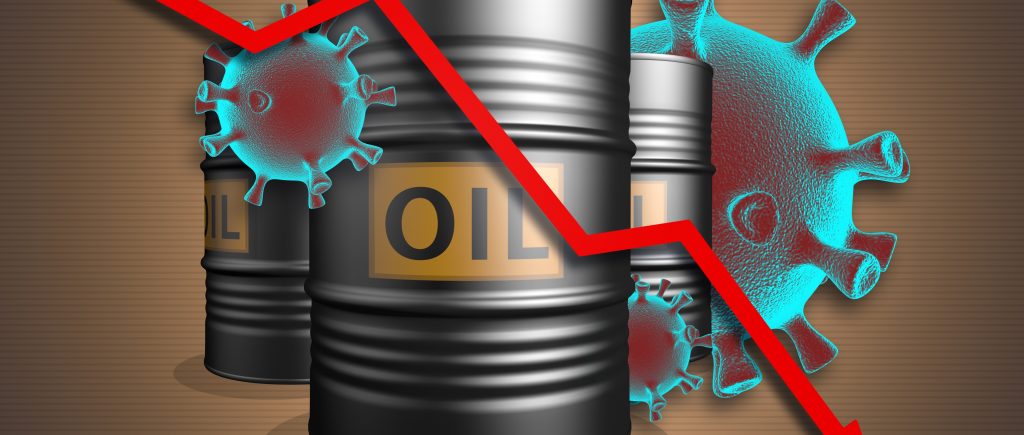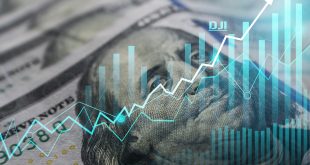Oil prices fell by four dollars a barrel on Monday, falling below $100 a barrel, after countries announced plans to withdraw record amounts of crude and oil products from their strategic stocks and with continued shutdowns in China.
Brent crude fell $3.93, or 3.8 percent, to $98.58 a barrel by 1130 GMT, while US West Texas Intermediate crude fell $4.19, or 4.3 percent, to $94.07.
Bank of America maintained its forecast for an average price of Brent crude at $102 a barrel in 2022-2023, but lowered its forecast for a summer price hike to $120 a barrel. Swiss investment bank UBS cut its June Brent price forecast by $10 to $115 a barrel.
IEA member states will release 60 million barrels over the next six months, along with a similar amount from the United States as part of the 180 million barrel withdrawal it announced in March.
The move aims to compensate for the shortage of Russian crude after Moscow was subjected to severe sanctions in the wake of its invasion of Ukraine.
Analysts from JP Morgan said that the withdrawal from the strategic oil reserve is equivalent to 1.3 million barrels per day over the next six months, which is enough to make up for the shortfall of one million barrels per day of Russian oil.
The foreign ministers of Ireland, Lithuania and the Netherlands have said the European Commission, the EU’s executive arm, is preparing proposals for an EU embargo on Russian oil, although there is no agreement on that yet.
The market is closely watching developments in China, where authorities have kept Shanghai, a city of 26 million people, closed under a “zero tolerance” policy for COVID-19. China is the world’s largest oil importer. It was announced that Shanghai would begin easing restrictions in some areas from Monday.
 Noor Trends News, Technical Analysis, Educational Tools and Recommendations
Noor Trends News, Technical Analysis, Educational Tools and Recommendations





